
Anubhoo
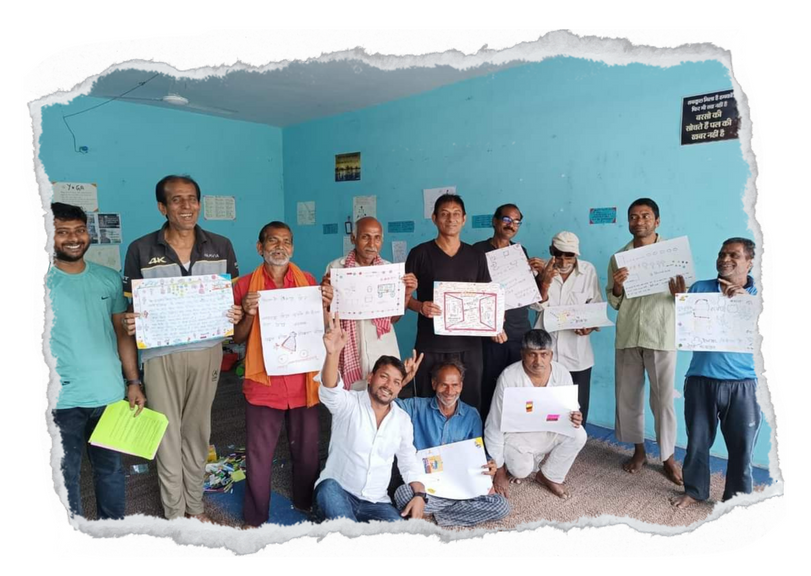
Creating ecosystems of care
With the dream of Making India Trauma-Informed, Anubhoo is a training and skill building initiative which focuses on equipping and training all the stakeholders, like psychologists, social workers, teachers, parents, and caregivers, who are directly involved in working with young survivors of abuse and neglect in trauma informed care practices (TICP)
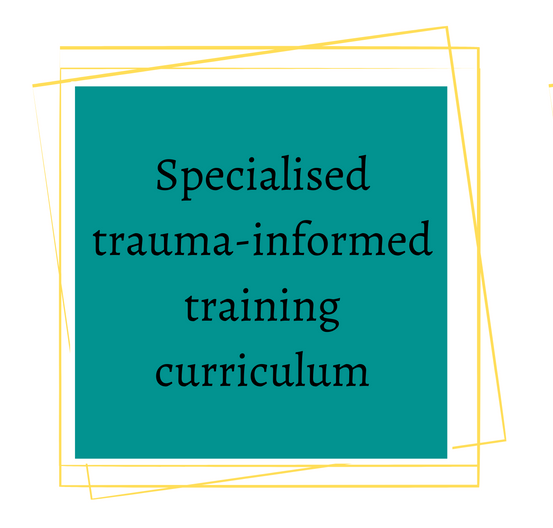
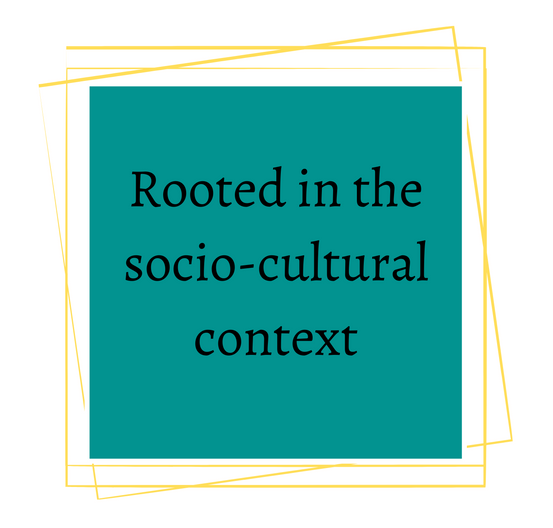
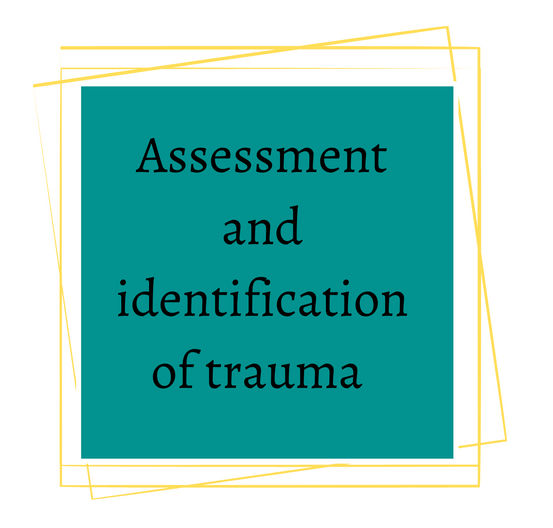
Ripples of change

"I think all of us have agreed on how comforting and safe this space has been. I had a space to talk and ask whatever questions I wanted to, and any opinion that I had was taken very well. I also really appreciate how the course has played an important part in understanding my journey and my own trauma."
- A, participant, TICP Cohort 1 (2022)
""As the course went on, I felt really confident, and my understanding of people really shifted—not just my clients, but also whenever I have conflicts with people now, I usually take a step back and try to understand them. There has been a complete shift."
- P, participant, TICP Cohort 1 (2022)


"I used to think that whatever I had gone through was nothing compared to what others had gone through. But this course made me realise that our experiences cannot be compared. There can be no scale of suffering. "
- R, participant, TICP Cohort 1 (2022)
Udaan
Quality therapeutic intervention
Through udaan, we build a safe therapeutic space for adolescents and young adults from marginalized communities. Trauma focussed therapy aims at establishing safety & then progresses towards processing deep rooted trauma stemming from experiences of marginalisation from a young age.
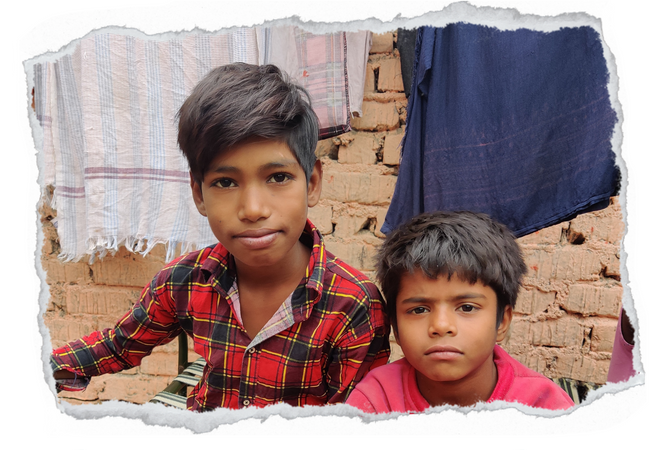
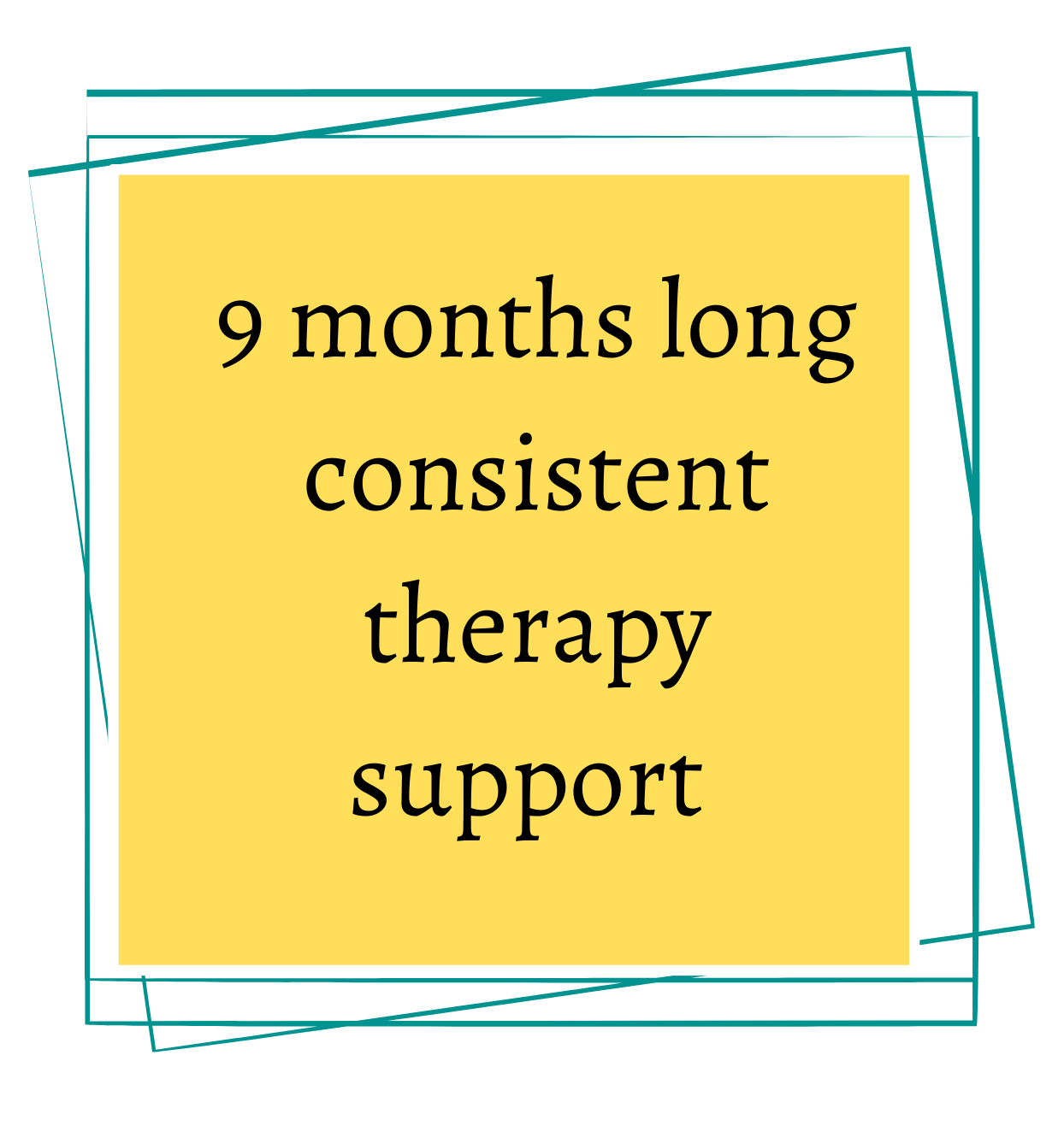
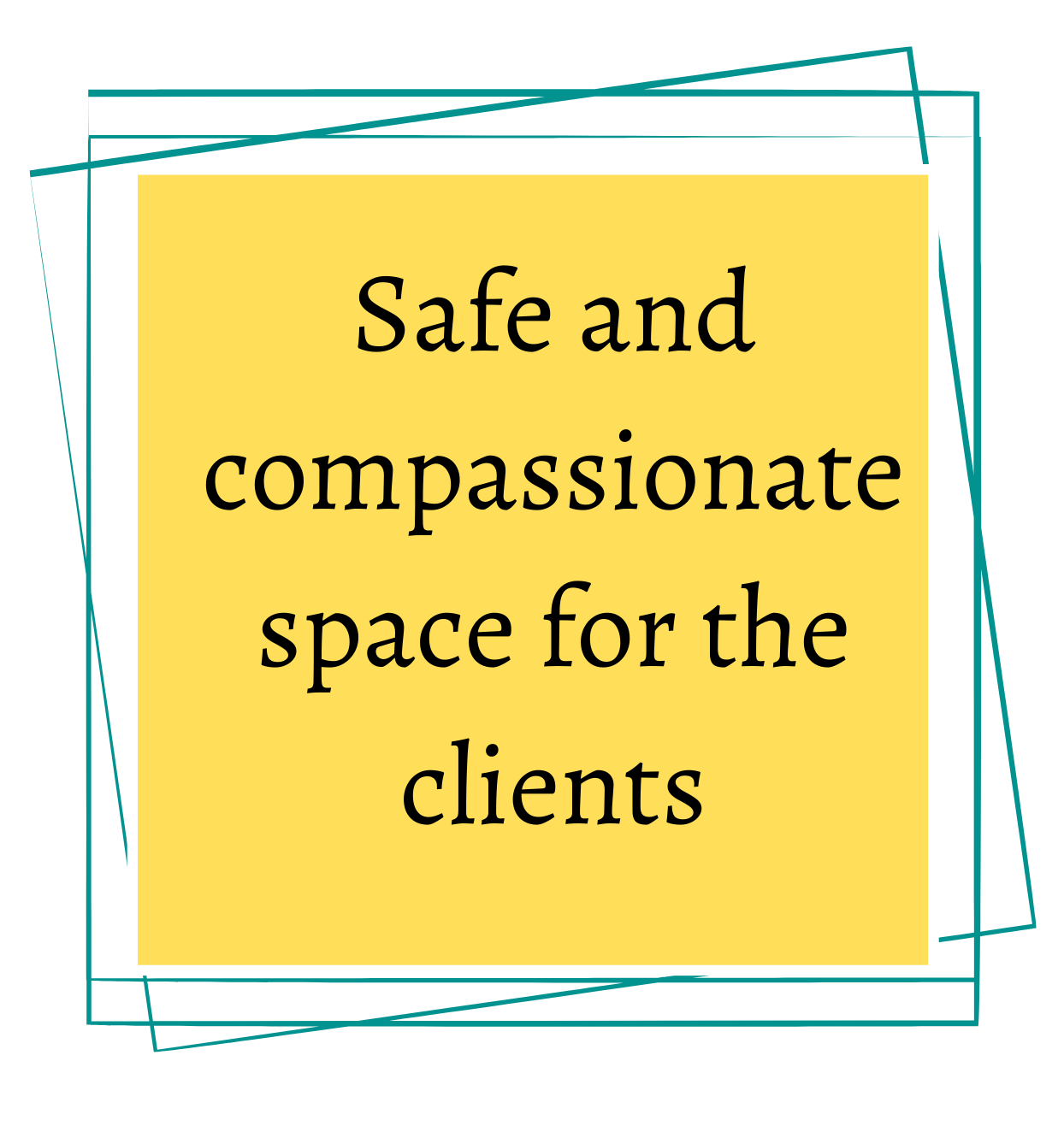
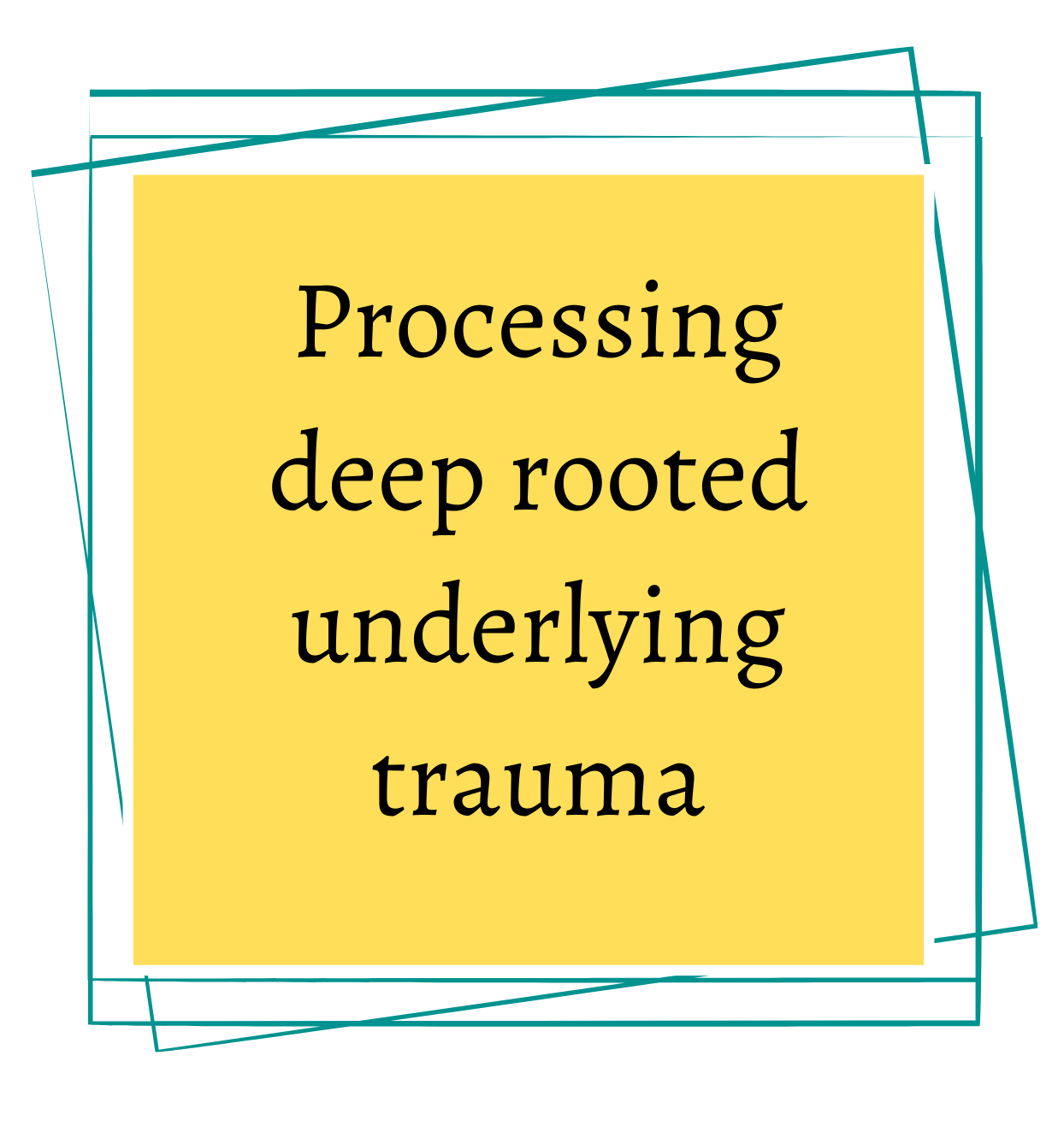
Story of change
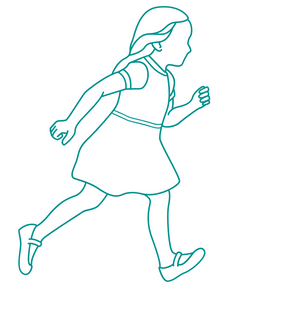
“14-year-old Chandni (name changed) used to be a young spirited girl until she was abandoned by her mother and physically and sexually abused by her own father and uncle. She was held captive in her own house. The home was not a safe space for her. The walls of her house which saw her grow into a young girl was now a witness to her pain and suffering.
And then came a day when she decided to finally break free from the abusive environment she was in and escape. To her, it was the end of her suffering and a new beginning as she entered a safe abode of a child care institution. Although her external environment changed, the imprint of trauma remained in her mind and body. Living there, Chandni started giving out what she had received and began hitting other children, fighting with the staff members, wanting to run away, not trusting anyone, and was minimally participative and involved in activities.
For adults around her, Chandni’s behaviour was disruptive and required disciplinary action. In her eyes, she was not understood for what she was going through. Everyone failed to understand that she was still trying to fight the danger that was not there anymore.
It was only after she was sent for trauma-informed therapy and intensive work, she started finding safety within her body and experienced safety with other people. Trauma Research and studies indicate that having one trusted available adult can mitigate the impact of Adverse Childhood Experiences. She was able to find out that one trusted available adult in the ecosystem facilitated her journey of healing. She started using dance as a way to express herself. She did run away but got in touch with her trusted anchors to bring her back. These little shifts gradually helped her to take academic support, develop peer relations, participate in activities and stay at the institution.
With support and intervention, Chandni started to take charge of her life and became a hero of her own story rather than being on an autopilot mode.”
Project Arya
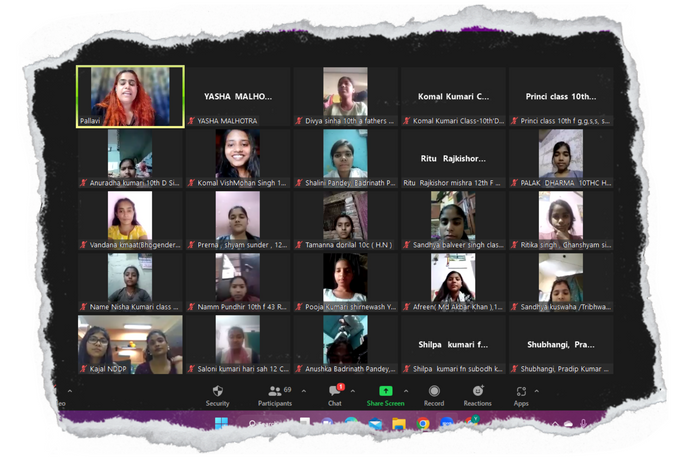
Social emotional psychological wellbeing
Children facing adversities require specific support to enhance their overall development. Project Arya, is a unique social-emotional learning program based on the CASEL framework with a trauma-informed lens in order to cater to the specific needs of marginalized young lives. It is a year-long program under which several trauma-informed facilitators conduct SEL modules designed specifically for the children from marginalized communities.
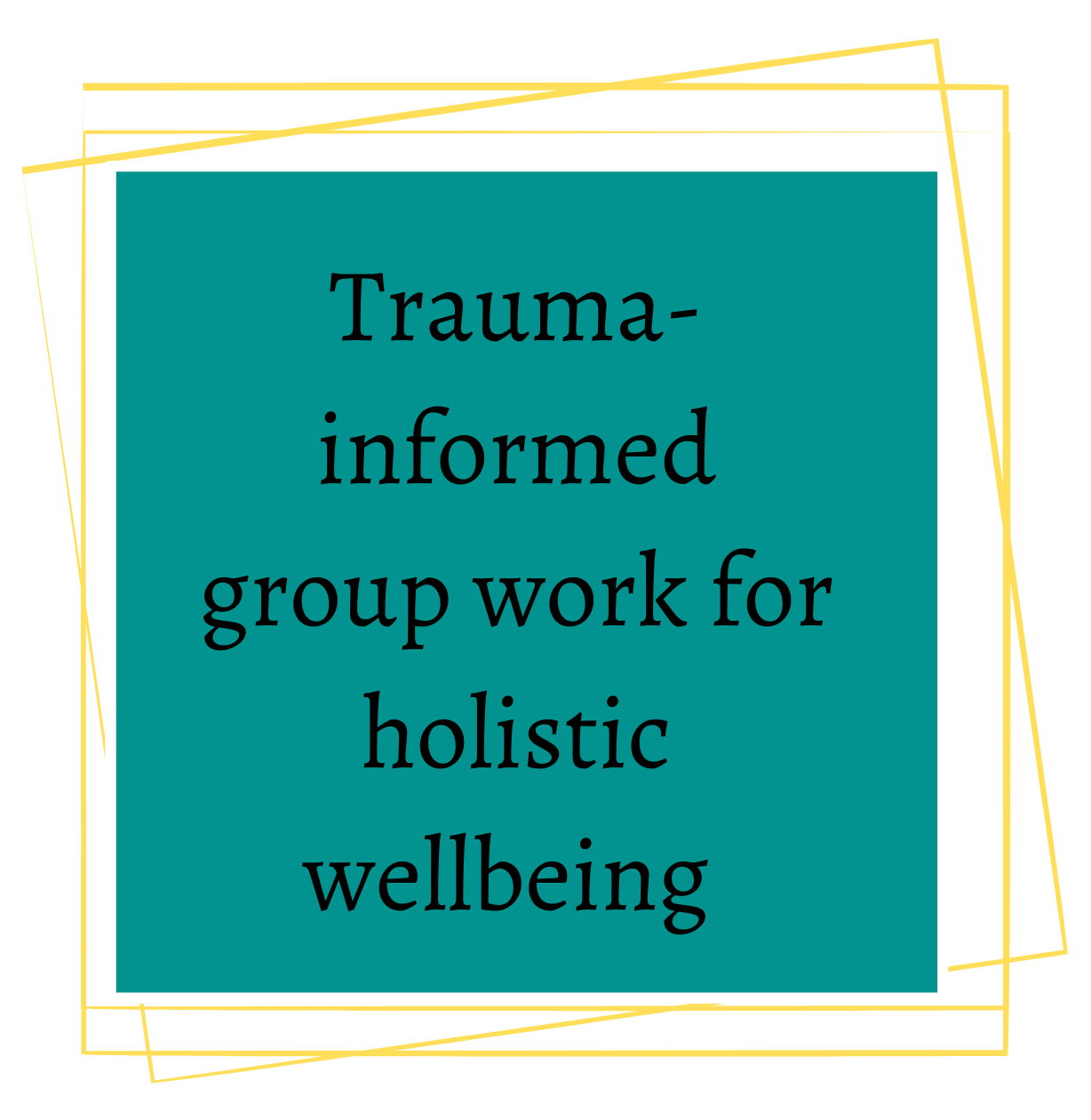
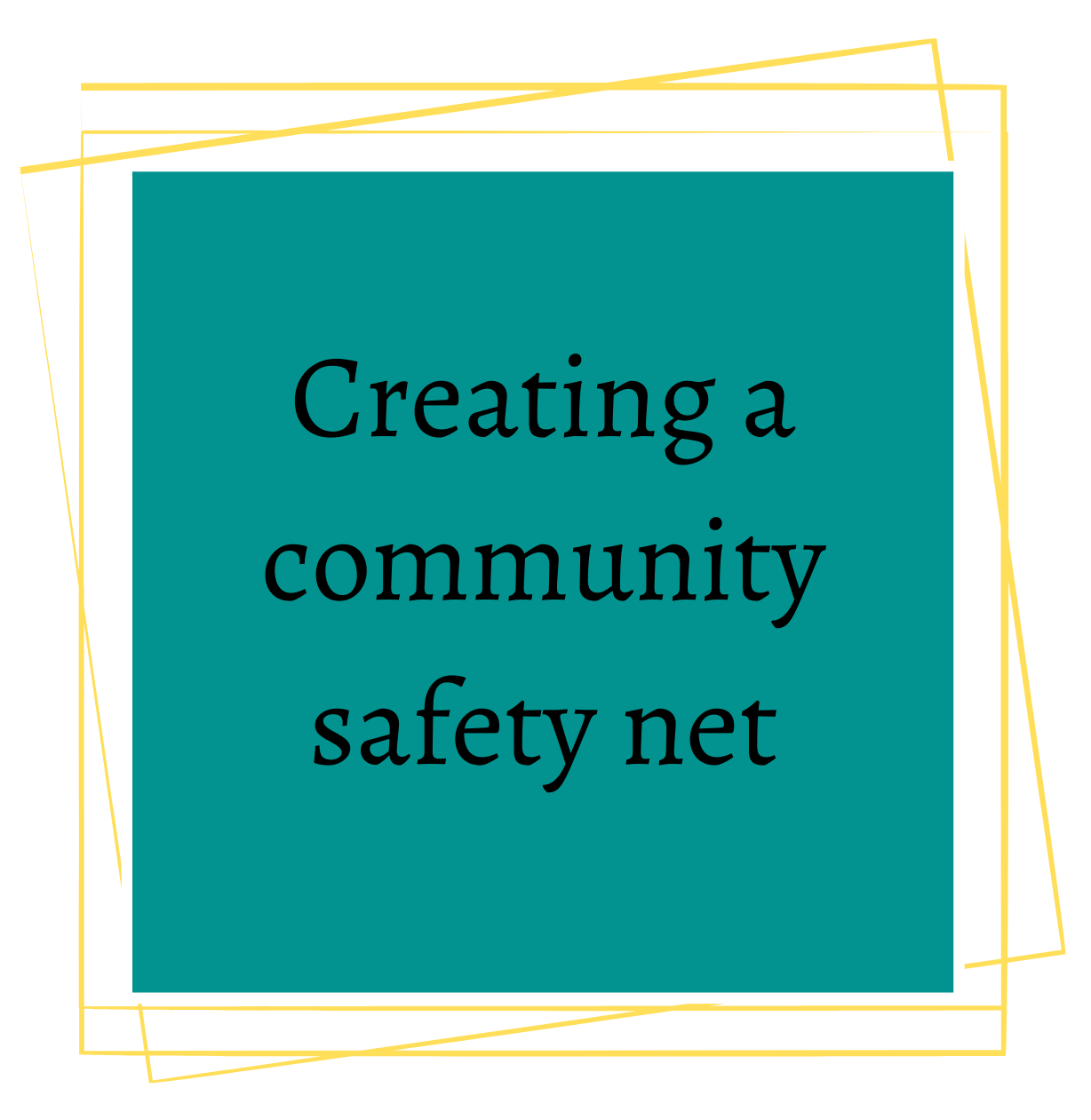
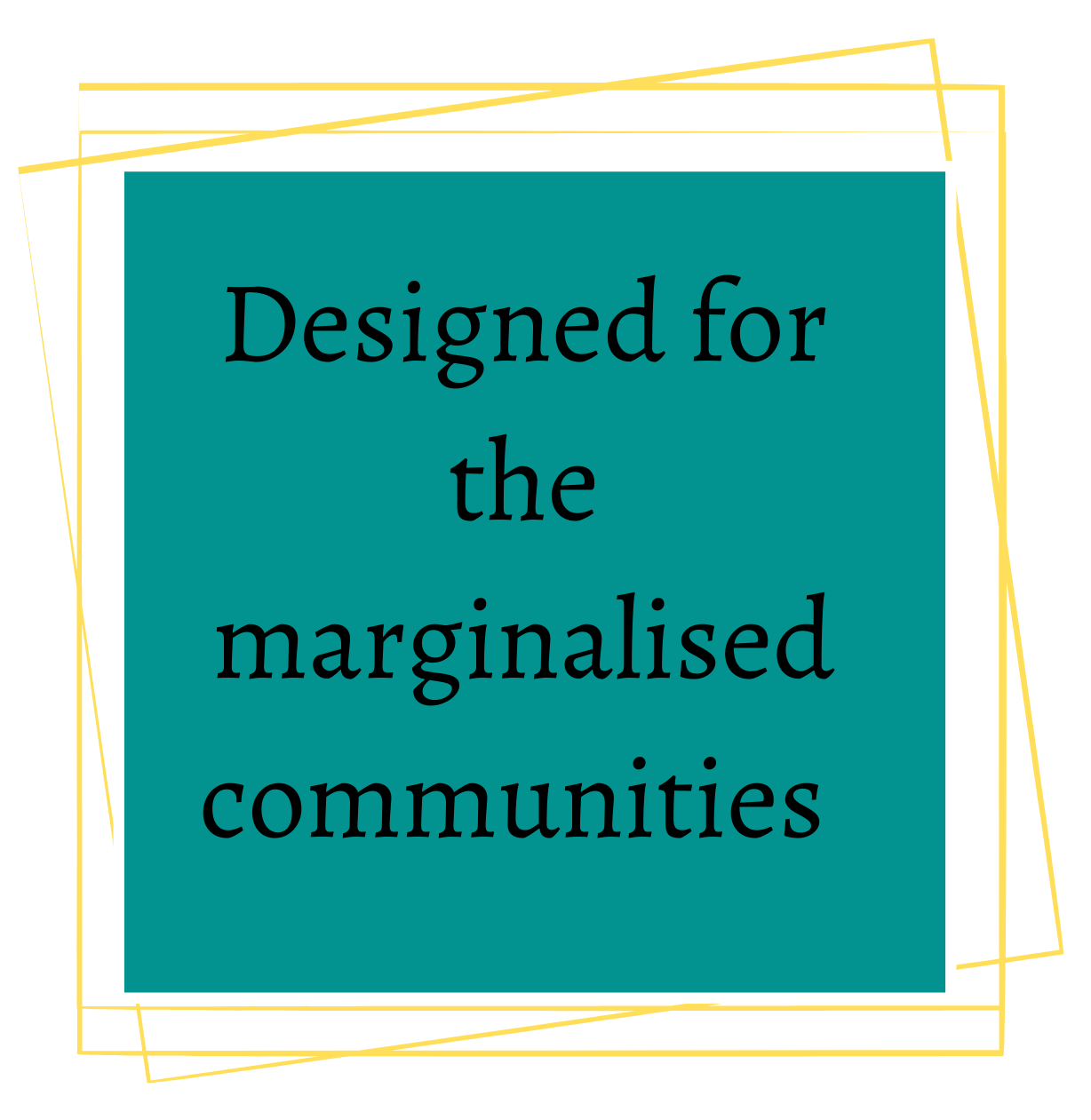
Agents of change

"Earlier I wasn't able to communicate, form groups, or work as a team very effectively. Since I have become a Peer Leader, now I feel confident to work as a leader with anyone"
- S, 16 years old, Mental Health Peer Leader
"By joining Peer Leadership Program, I got the confidence to put my points forward. Earlier I never had the courage to voice out my opinion or take a stand for myself. This journey has empowered me to take an action towards what I feel is not right."
- A, 15 years old, Mental Health Peer Leader


"I have gained a lot of confidence and I can speak well in front of others. Off lately all my teachers at school have started recognising and appreciating this change in me. I told them this is because of the sessions I attend."
- G, 14 years old, Mental Health Peer Leader


